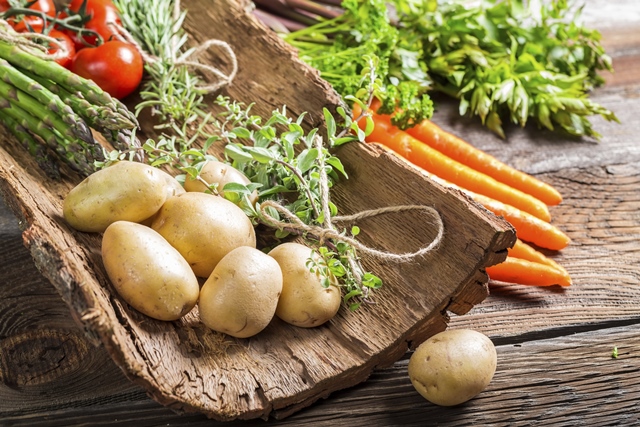
“Intermittent fasting” has been heard from the mouths of many celebrity dieters as of late. But what is it? Is it safe for all? Why is it considered an anti-aging diet? Scottsdale’s Dr. Pablo Prichard weighs in.
What is intermittent fasting? How does one do it?
Intermittent fasting is the process of calorie restriction for a short period of time to change what the body burns for fuel. When the body has plenty of glucose (sugar) reserves, glucose is what is burned. With intermittent fasting, the body converts to burning ketones which is formed from fat. There are many schedules to Intermittent fasting and there is not one right answer: however my approach is not eating for a 17-hour period, based from when dinner was. For instance, if I last ate at 5 p.m., I would start eating again at noon the next day. If my last meal was 7 p.m., then I would start eating at 2 p.m. the next day and so on. It is also important to not assume you need to ‘catch up’ on calories, and just continue with a regular lunch. I also ‘intermittent fast’ intermittently, i.e. two to three days a week. I feel this keeps the body in a non-starvation mode so that you do not lose muscle mass while fasting.
How can it benefit one’s health?
Intermittent fasting comes from eastern cultures and has been shown to increase metabolism, help with weight loss, improve insulin sensitivity and boost the immune system.
When intermittent fasting, what should one be eating?
While you are fasting, it is important to stay hydrated. I recommend water with lemon. It is low calorie and the lemon juice helps to curb the appetite. Also the caffeine in coffee or tea can help with appetite as well. Some experts also recommend bone broth.
Why is it considered an anti-aging diet?
Intermittent fasting is considered an anti-aging diet but it is also important to keep track of what you are eating while not fasting. Make sure you get plenty amount of healthy fruits and vegetables and protient. When considering fruits, try to maximize the fruits that are low in sugar and thus a low glycemic index. Fruits that are more tart, like berries, have less sugar, and fruits that are sweet, like grapes, oranges, pineapples, mangos, etc. have a high sugar content.
What are the side effects of intermittent fasting?
The side effects are mostly good as explained above. However, hunger, of course, can be a side effect. I find that the busier I am, the less it affects me. Also, the lemon juice and coffee really help to curb this.
Is intermittent fasting for everyone?
I would consult your physician if you have a medical problem that would prevent you from fasting. If you are a diabetic, taking insulin and fasting can be harmful and put you in a hypoglycemic state.










